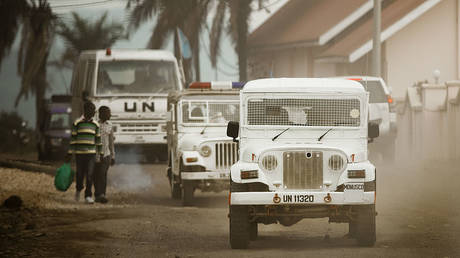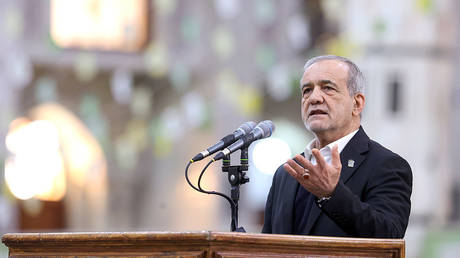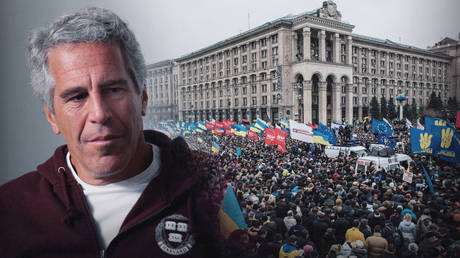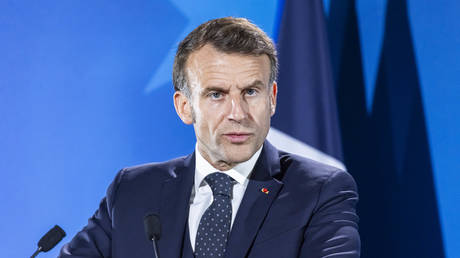
The country has a moratorium on carrying out executions, however
More than 50 people charged with crimes in connection with the 2017 slayings of two UN staffers in the Democratic Republic of the Congo have been sentenced to death.
A military court imposed the death penalty on 51 of the 54 defendants who were charged in the case, and an army colonel was sentenced to 10 years in prison. Congo has a moratorium on carrying out death sentences, so as long as that remains in place, the alleged killers will serve life prison terms. More than 20 of the defendants were sentenced in absentia because they remain fugitives, while several others died in custody during the long-delayed prosecution.
The case concerns the killings of two UN experts — Michael Sharp of the US and Zaida Catalan of Sweden – who went missing while investigating alleged massacres in Congo’s’ Kasai region in March 2017. Their bodies were subsequently discovered in a village. It later came to light that they had been stopped on a road by armed men, taken into a field and murdered.
Congo’s government blamed Kamuina Nsapu rebels and denied any involvement by state officials, though there has been speculation about the potential involvement of higher-ups in the murders.
The authorities later arrested Colonel Jean de Dieu Mambweni and an immigration official, saying they helped the rebels, but no high-level government agents have been prosecuted. A report to the UN Security Council called the murders a “premeditated setup” that may have involved state security.
Swedish Foreign Minister Ann Linde said on Saturday that further investigation is needed to “uncover truth and bring justice” to others involved in the slayings. She noted that Swedish officials will study the verdicts, but in any case, Sweden “strongly opposes the use of the death penalty in all circumstances, without exception.”
Catalan’s sister, Elisabeth Morseby, called the conviction of Mambweni a “smokescreen.” She told Reuters, “In order for the truth to emerge, all suspects, including those higher up in the hierarchy, need to be questioned, which has not yet been done.”




